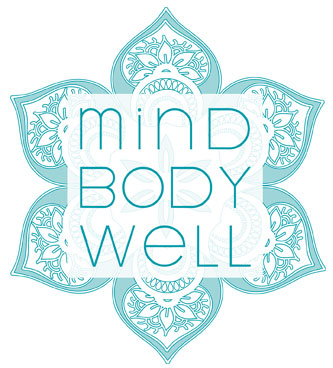I was shopping at my local Farmers Market last week when I saw a woman near me juggling her bags of shopping. Given she only had two hands and a lot of bags this was quite a task! She picked up the eggs she’d just bought, fumbled and then dropped the carton onto the ground, spilling eggs over the grass and cracking a few. I went to help her and what do you think was the first thing she said?
“Oh, I’m such an idiot!”
I helped her clean up the eggs and said something about how I often think I can carry more than I can. The farmer she’d just bought the eggs from gave her a new carton, we all had a laugh together, then she went on her way.
How easy it is for us to fall into this pattern of self-criticism, even over such simple, common mistakes like trying to juggle too many things at once. I wonder if this woman would have said the same thing to a friend she had seen drop their eggs – “Oh, you’re such an idiot!” Why do we think it’s ok to be nastier to ourselves than we would ever consider being to someone we love?
So many people I know are naturally kind, compassionate and caring… at least when it comes to their attitude towards others. When it comes to the relationship with themselves though, these same people can be critical, mean, punitive, and sometimes downright abusive. I often ask people to imagine speaking the words in their head out loud to someone else, and it quickly becomes apparent how critical and nasty this self-talk can be.
Self-criticism is an attitude ingrained for many of us in our inner dialogue. Some of us are very good at it, and it can be a pretty tough habit to break. But rather than trying to stop or defeat these thinking patterns, the most useful thing we can do is to cultivate the opposite, building an alternative system of thought. So if not self-criticism, how about we try some self-compassion?
While this concept is becoming popular in western psychology, self-compassion is far from a new idea. The meditation practice of metta or loving-kindness from the Buddhist tradition begins by offering loving-kindness to yourself, then offering kindness out to others. This practice recognises the importance of offering care and compassion towards ourselves first, enabling us to then give to others from a place of inner strength and wisdom.
In Yogic teachings the concept of ahimsa or non-violence in thought, word and deed begins with our own inner attitude. It’s when we can treat ourselves with kindness that this attitude naturally extends to those around us. My friend and mentor Petrea King sums this up when she says we need to “Fill up our own inner cup, and then give from the overflow”. (See Petrea’s wonderful book ‘Your Life Matters’).
Kristen Neff is a researcher studying self-compassion. She defines the quality of self-compassion as existing across three main areas, with our attitudes falling on a continuum between two polarities in each area:
Self-Kindness v’s Self-Judgment
“Being kind and understanding toward oneself in instances of pain or failure rather than being harshly self-critical”.
Common Humanity v’s Isolation
“Perceiving one’s experiences as part of the larger human experience rather than seeing them as separating and isolating.”
Mindfulness v’s Over-identification
“Holding painful thoughts and feelings in balanced awareness rather than over-identifying with them”.
(From Neff, K. (2003) Self-compassion: An alternative conceptualization of a healthy attitude towards oneself. Self and Identity, 2, p85-101.)
You can measure your own self-compassion on Kristen’s website, and she also has a great book to read about the subject if you would like to find out more. (‘Self-Compassion: Stop Beating Yourself up and Leave Insecurity Behind’, Neff, K. 2011).
Here’s a few things you can try in order to foster your self-compassion:
Notice your inner critic voice, and when you hear it, recognise the thoughts as self-critical thoughts. Consider what a more compassionate alternative to those thoughts might be. What would you say to someone you love in that same situation?
Practice mindful meditation, learning to simply observe thoughts as they pass through your mind, without becoming attached to them or needing to engage with them.
Learn metta meditation practice, fostering an attitude of kindness to yourself, and then to those around you.
Put the words ‘self-compassion’ somewhere you can see them every day, as a reminder to build an attitude of inner kindness.
Practice compassionate self-care in different domains of your life. Consider what you can do to fill yourself up – physically, socially, psychologically, and spiritually.
Ask yourself, “what compassionate things can I do for myself right now?” Maybe it would be self-caring for you to get up and take a break from the computer, drink a glass of water, do some stretching, go for a walk, speak to a friend, or close your eyes and take 3 full conscious breaths.
Our relationship with ourselves is potentially the most powerful one we will ever have. It makes very good sense to practice self-compassion, and to foster an attitude of kindness towards ourselves. Give it a go, and see if it enables you to also be more compassionate with those around you.

